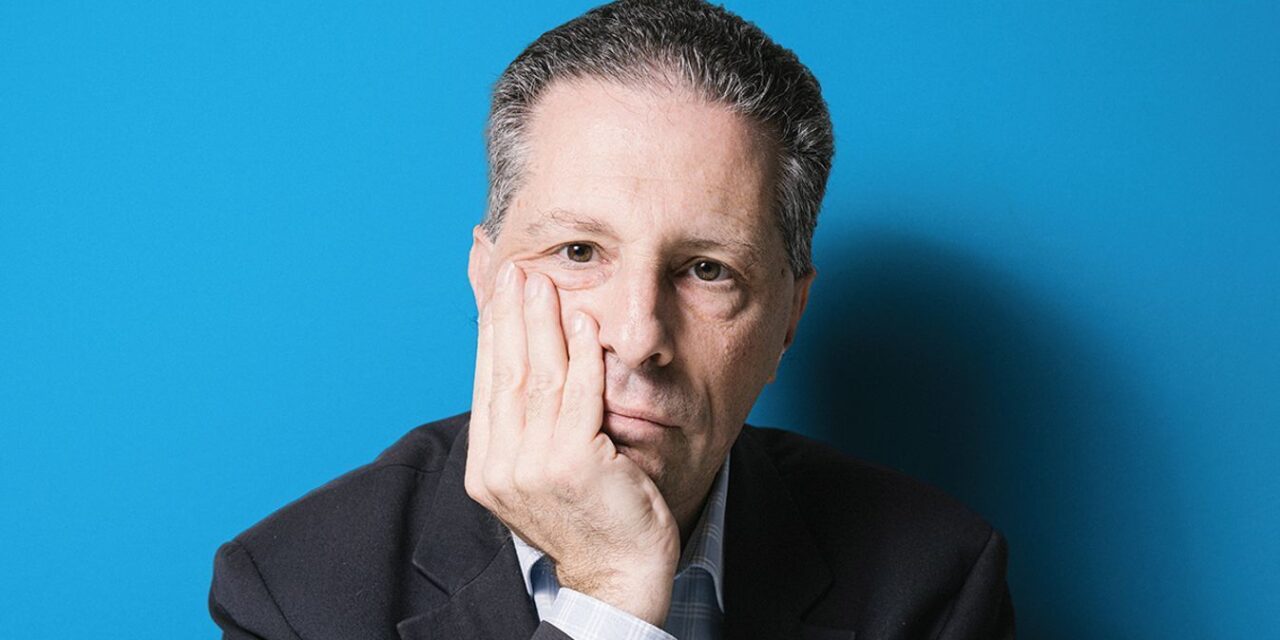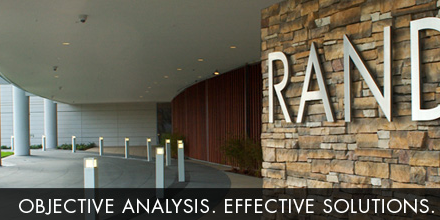He can have political opinions for the poor and the rich, but by nature he cannot be a Rossmann-type giant.
In the first days of August, Rossmann, one of Europe's largest drugstore chains, announced that it would boycott Elon Musk's electric car manufacturing company, Tesla, and would not buy any more cars from the tech billionaire for its company fleet. By the way, Rossmann is now far from being a simple German family business: based on publicly available company information, 40 percent of the store chain is indirectly controlled by CK Hutchison Holdings Ltd., registered in the tax haven of the Cayman Islands.
The multinational chain justified its decision by saying that Musk supports Donald Trump in the American election campaign,
who repeatedly called climate change fake news. Indeed, after the assassination attempt against Trump, Elon Musk, who is one of the richest people in the world with a fortune of 226 billion, announced on the X he owns that he will officially support (endorse) the ex-president in the campaign before the November American election.
The situation is serious. In the news from a few days ago, a double age symptom appears. On the one hand, the boycott of Rossmann, on the other hand, the endorsement of the platform owner, but first let's look at a little reference to the past! Presidential elections were held in the United States four years ago. At that time, Trump's re-election campaign was simultaneously overwhelmed by Covid-19 and Black Lives Matter (BLM). That summer started with the #StopHateForProfit campaign, which developed on the BLM's tail, when a series of global giants announced a boycott of social media sites, such as Facebook, Instagram, Twitter (in the Musk era: X), Snapchat, YouTube, and against LinkedIn. The official text was that, so to speak, social platforms are not doing enough to suppress hate speech spread on their platforms and disinformation influencing the presidential election.
Coca-Cola and the new NATO Secretary General's favorite giant company, Unilever, became the flagships of the campaign.
Microsoft, Starbucks, Honda, HP, Diageo and Henkel were among the first to withdraw their ads from Facebook and other social networking sites. Of course, the #StopHateForProfit campaign was not motivated by love for one's neighbor, but selfless good-naturedness, which drove the giant companies traveling in casino capitalism. The direct benefit could be reaped if, for example, social media sites blocked the messages of President Trump, who was campaigning for re-election, "in order to suppress disinformation influencing the presidential election". Even then, Trump was not a big friend of free trade agreements and would have liked to take the production capacities home from China.
Before Musk, Twitter understood the word, and after its CEO donated 200,000 dollars to the BLM, it spread news about the things the Biden boy was wearing in the campaign finale. The result was not far behind.
The Rossmann boycott (similar to the #StopHateForProfit campaign) is a terrifying precedent regardless of what we think of DJ Trump or climate policy. First of all, let's say two things. Of course, Rossmann buys cars from whomever it wants, but the corporate customer's freedom to purchase products and calls for boycotts are not in the same category from the point of view of competition law. As a voter, Elon Musk has the right to form an opinion on the internal politics of his country, but there are good arguments in favor of the freedom of speech of the leader of a platform provider in a monopoly or oligopoly situation - just like judges, soldiers, police, and public media employees in Europe - suffering restrictions.
In connection with a democratic election, we must live with the assumption that the political community is made up of equally dignified and equally informed citizens - and not companies! - are created by those who are equally capable of forming a considered opinion on individual public policy issues - including climate policy. In general, this ideal situation is overturned from time to time when the rich few abuse their dominance in the debate process called a campaign, but it is absolutely necessary when companies - which by definition are not part of any political community - simply "just" enter the arena of political opinion formation.
He may have political opinions for rich and poor, but by nature he cannot have Rossman or the giant corporations participating in the #StopHateForProfit fleet parade.
If Rossmann simply doesn't buy from Tesla anymore, that's obviously a private matter for the company. If Rossmann does not simply publish this, but speaks of "boycotting" in its announcement, it is crossing the boundaries of competition law even if (borrowing the wording of § 5 of the Hungarian Competition Act) an unfair invitation aimed at terminating the economic relationship with a third party or preventing the establishment of such a relationship is not contains political content. However, Rossmann's call contains political content and announces a boycott against the interest of an investor who owns one of the dominant platform providers in addition to the electric car manufacturer. We are there!
In the 1990s, democratic public opinion still depended on the written press and electronic media, and since the turn of the millennium, an ever-increasing proportion also depended on the Internet press - I reflected back then in connection with #StopHateForProfit. In recent years, however, the structure of political publicity has fundamentally changed: social platforms have rapidly become the number one terrain of Habermas' intelligent audience. Slowly, only those that generate a sufficient number of likes, clicks, and shares on social media count as a press release. The news feed took the place of the daily newspaper and the news station. Exactly four years ago, I drew attention to the fact that
platform providers are, if possible, even more dependent on advertisers than traditional media enterprises, and social media sites are only ostensibly more democratic and accessible than the press, since platform providers have effectively escaped national jurisdictions.
Two months before the scandalous bowing of Twitter to Musk and the US presidential election, in the middle of the Covid madness, I wrote that the algorithms of social platforms created based on business political considerations uncontrollably and unaccountably filter out, prefer or even discriminate against certain political opinions, and once the algorithms move in illegal territory, but the profit of the platform provider depends entirely on the advertisers:
there is the temptation for the giant companies to override the constitutional mandate of the content neutrality of the restriction with their advertising policy as if it had never existed.
Since then, one of the giga-platforms, Facebook, also intervened in the Hungarian parliamentary election campaign, when it simply deleted the list leader of Mi Hazánk, who eventually entered parliament, László Toroczkai, from the opinion bubbles in the campaign finale. And at this point, it is also not okay if Big Tech, the lords of the platform providers who dominate the political public, express their opinions with the same freedom in the democratic debate process, in the campaign, as any simple tax-paying citizen.
So, it was not an exaggeration when I said four years ago that the global takeover of giant corporations is taking place before our eyes, nor was it an exaggeration when I said in the parliament eight years ago that the onslaught of giant corporations against democratic states must be stopped, because today is the real conflict in the world is not between individual states, but between giant corporations and states that maintain their independence.
What can be done at the national and individual level?
The first stop on the road to the accountability of faceless capitalism is probably to bring the platform providers who are about to swallow the democratic public back under national, or at least EU, jurisdiction, where it is indeed possible and must be prevented that the rich few arbitrarily choose one sovereign between the parties participating in the political competition of the state.
And, of course, the tech giants should be broken up in the same way that Bernie Sanders and recently vice-presidential candidate JD Vance talked about this. The subjects of the democratic public opinion are the members of the given political community. The difference between members of the political community and companies is that the former can and should have an opinion on climate policy, social acceptance and other public policy issues, while the latter have a profit interest and not a political opinion. If we do not enforce this, the faceless global few will disappear the democratic public without us even noticing. Each sovereign state would therefore do well to enshrine at the constitutional level:
the legal entity created on the basis of the law is entitled to freedom of expression in connection with the purpose of its creation.
And competition law regulations can declare a boycott call to be specifically unfair if it contains a political opinion. In the meantime, we can do one thing: boycott the boycotters. For example, we no longer shop at Rossmann.
Featured image: Mandiner / Árpád Földházi
Opinion articles do not necessarily reflect the position of our editors.













